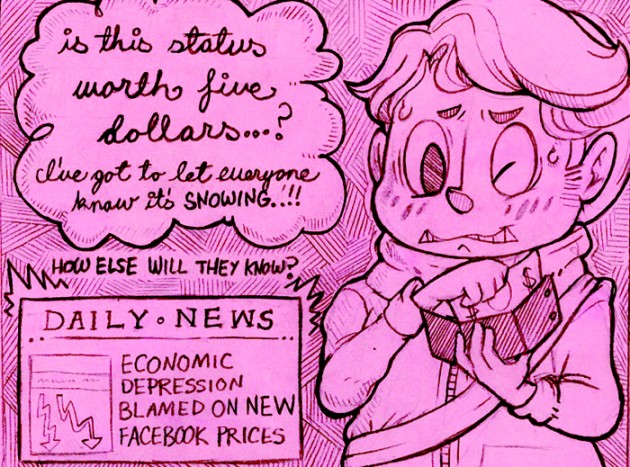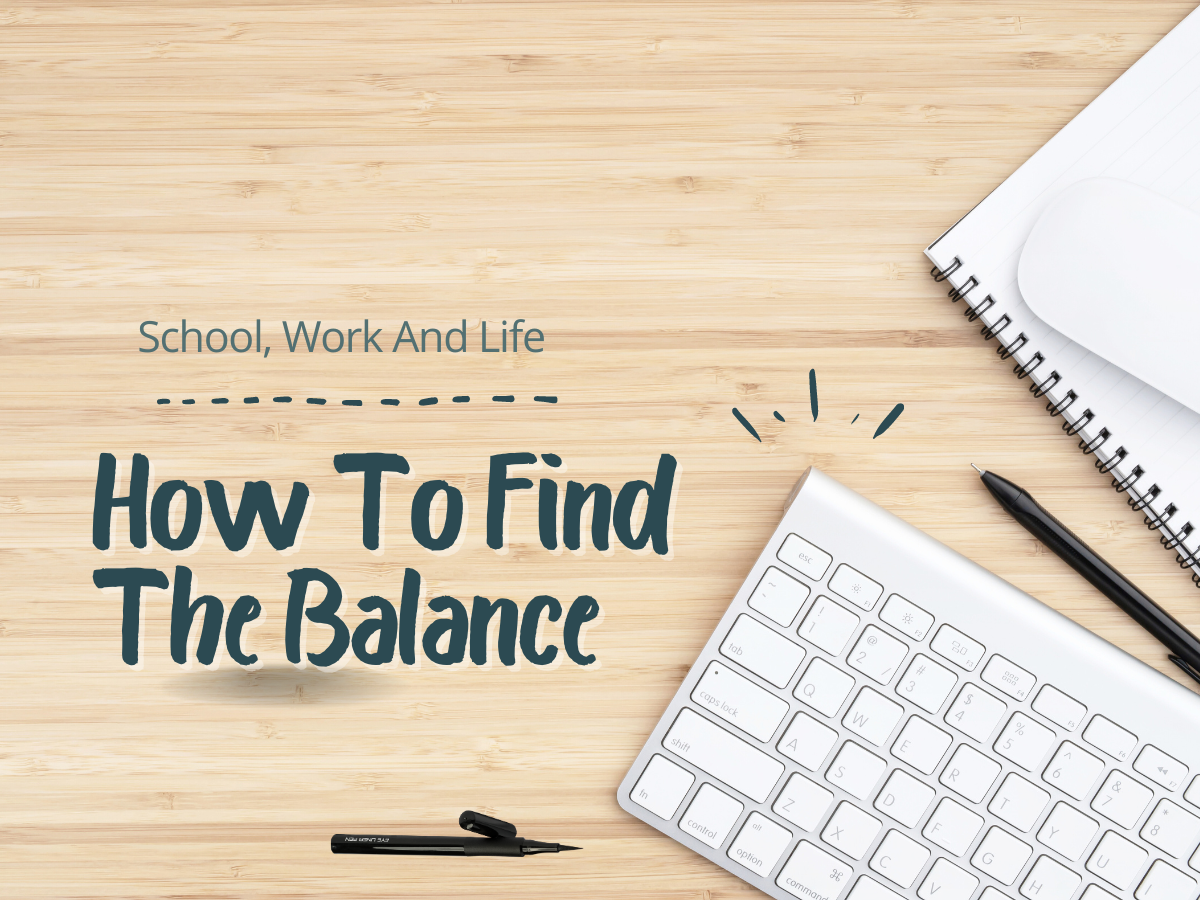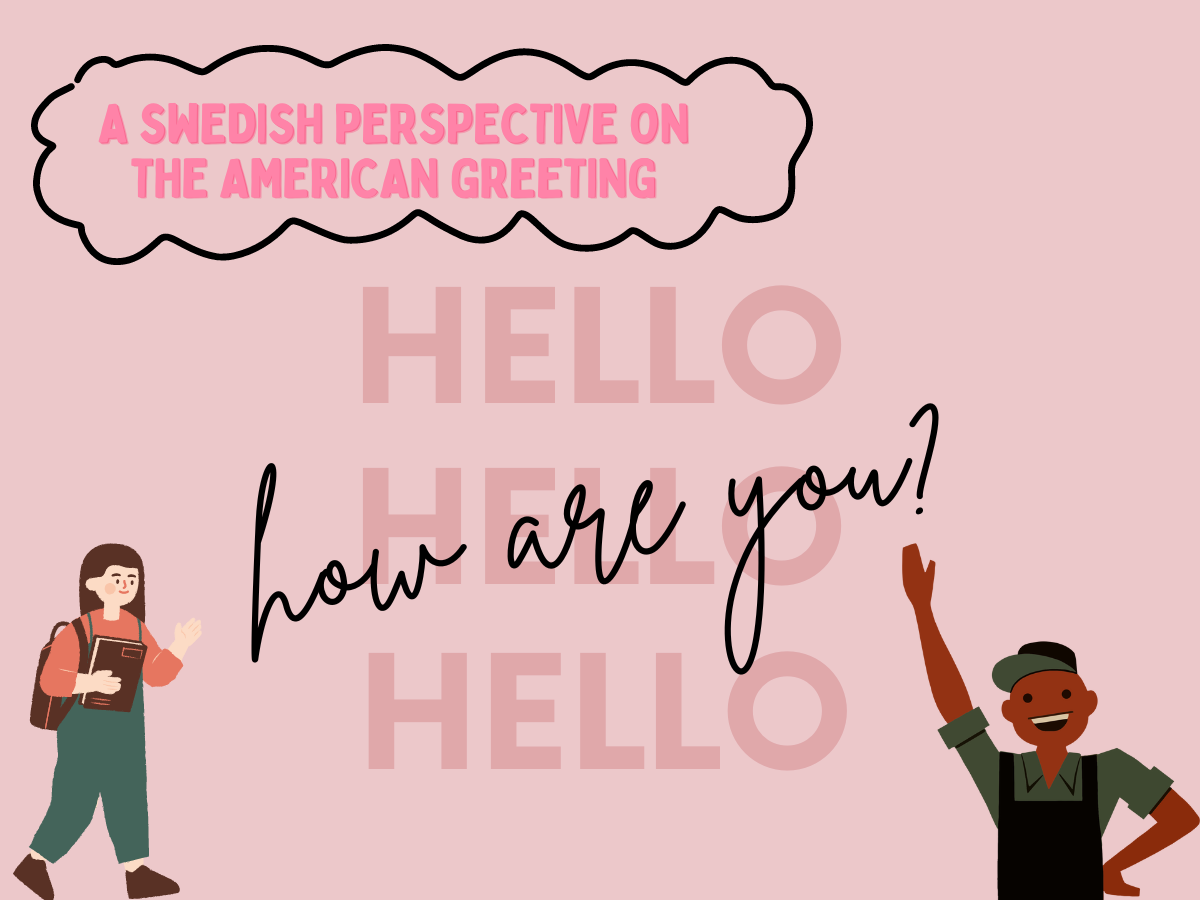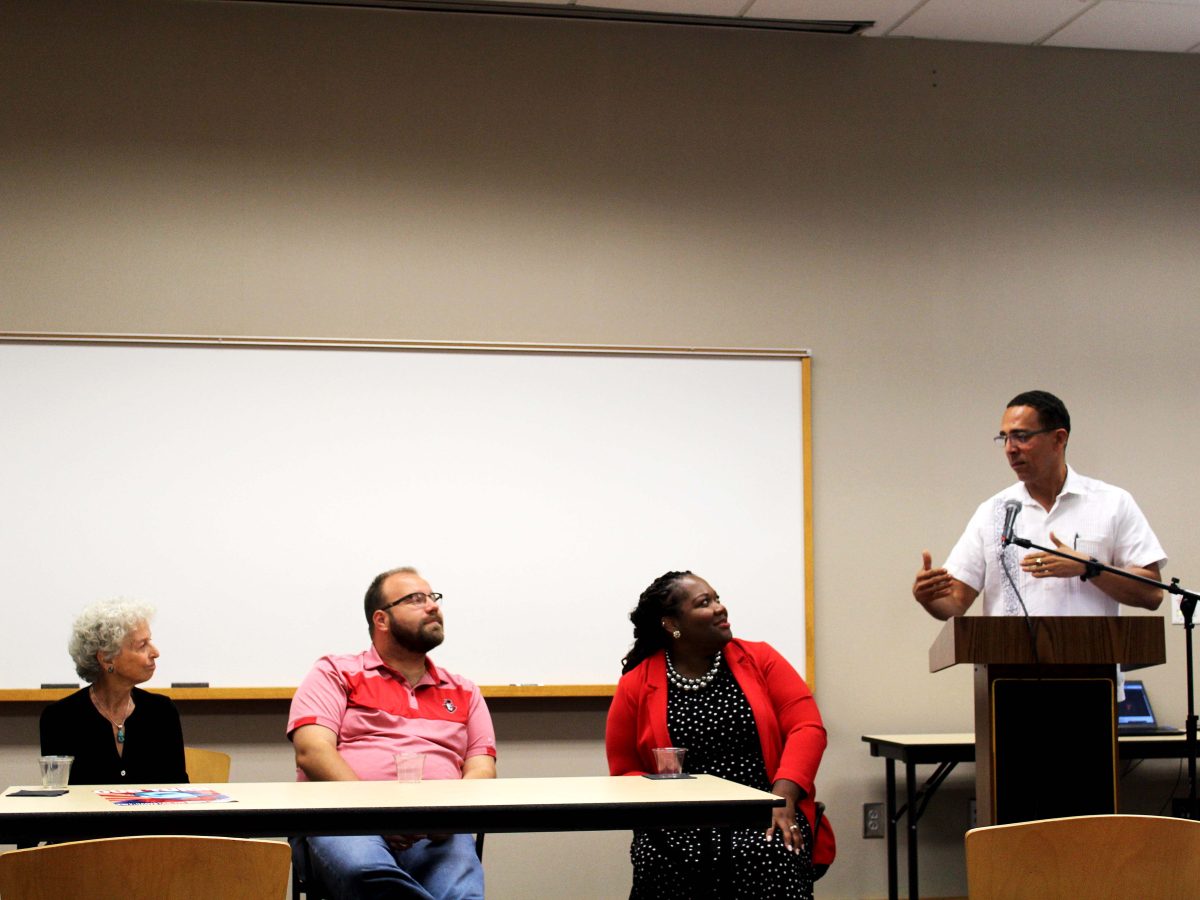Think about how often you or someone you know uses social media sites like Twitter, Facebook or Instagram. Imagine how many of us would still be using these sites if we had to pay for them.

Author and technology consultant, Phil Simon said we should pay for facebook and other social media platforms for the services they offer, according to a letter published in Inc. Magazine.
In Simon’s letter to Facebook creator Mark Zuckerberg he said, “Yes, you’ve always said that Facebook was, is, and will always remain free, that’s fine, but I don’t mind paying for greater control of my data.”
Simon asked Zuckerberg to charge users to get rid of the ads on the side of the page and to stop sponsored stories from being on our newsfeeds.
When it comes to ads and sponsored stories, we’ve been putting up with them so far, so why stop now?
“I don’t have the money, I’d rather just look at the ads or not use it,” said Aubrey Lambert, junior graphic design major.
With all of the expenses we already have to handle, we don’t want social media added on to our tabs.
“We should not be charged, Google doesn’t charge, and they make bank,” said Brad Hughes, freshman business major.
What if Google started charging you? Or if Facebook decided to make users pay?
It would turn into a domino effect on the internet and on social media platforms. This would increase financial stress, if we did decide to pay for it, and, in some cases, people would have to.
Simon goes on to say in his letter, “Everyone uses Facebook voluntarily, no one is compelled.” It might not seem like a necessity, but it is the only way for some to communicate with people living in different parts of the world.
“I need Facebook to talk to my family and friends out of town,” said Kaila Fuentez, freshman health and human performance major.
There are alternatives to social media sites for some people.
Morgan Campbell, freshman biology major, suggests that she would simply use her cell phone if social media sites started charging users.
Instead of using Facebook, Twitter or other social media platforms, users could go back to only using cell phones. This would be easy for some, but others have become dependent on social media.
It would not be a good idea to take this away from the millions of people who use Facebook. Making everyone pay to get rid of ads that some people dislike is not fair.
Some people prefer to have the ads.
Brittney McElrath, junior medical technology major, said that she likes the ads because they are helpful to find good sources.
“Facebook has every right to attempt to make money. It isn’t a government utility; it’s a business. Real estate, employee salaries and data centers cost money,” Simon said in the published letter.
These costs are being paid for through advertisements because Facebook sells the ads to many businesses. These businesses have a great platform to deliver targeted messages to potential consumers.
Facebook advertising is one of the most effective ways to advertise. It is a way to showcase your business to over 700 million people. If social media sites take away ads, they would be taking away business opportunities as well.
According to an article in USA Today, a Minneapolis portrait and wedding photographer’s investment of $600 in a Facebook ad campaign generated nearly $40,000 of revenue. This example illustrates the economic importance of keeping free ads on social media platforms.
Due to paid advertisements on social media websites, the users are able to use social media without paying for it. Businesses are able to make more money by advertising and increasing awareness in the market.
Making users pay to use social media sites would be a mistake and would be unfair not only to the users but also to the businesses who use social media sites.







